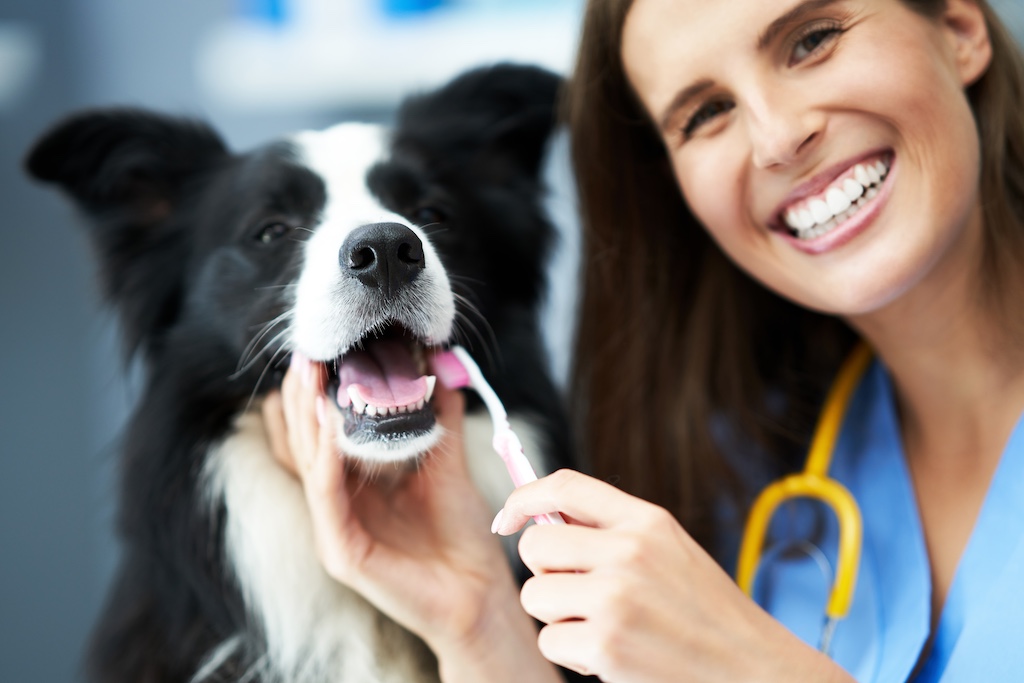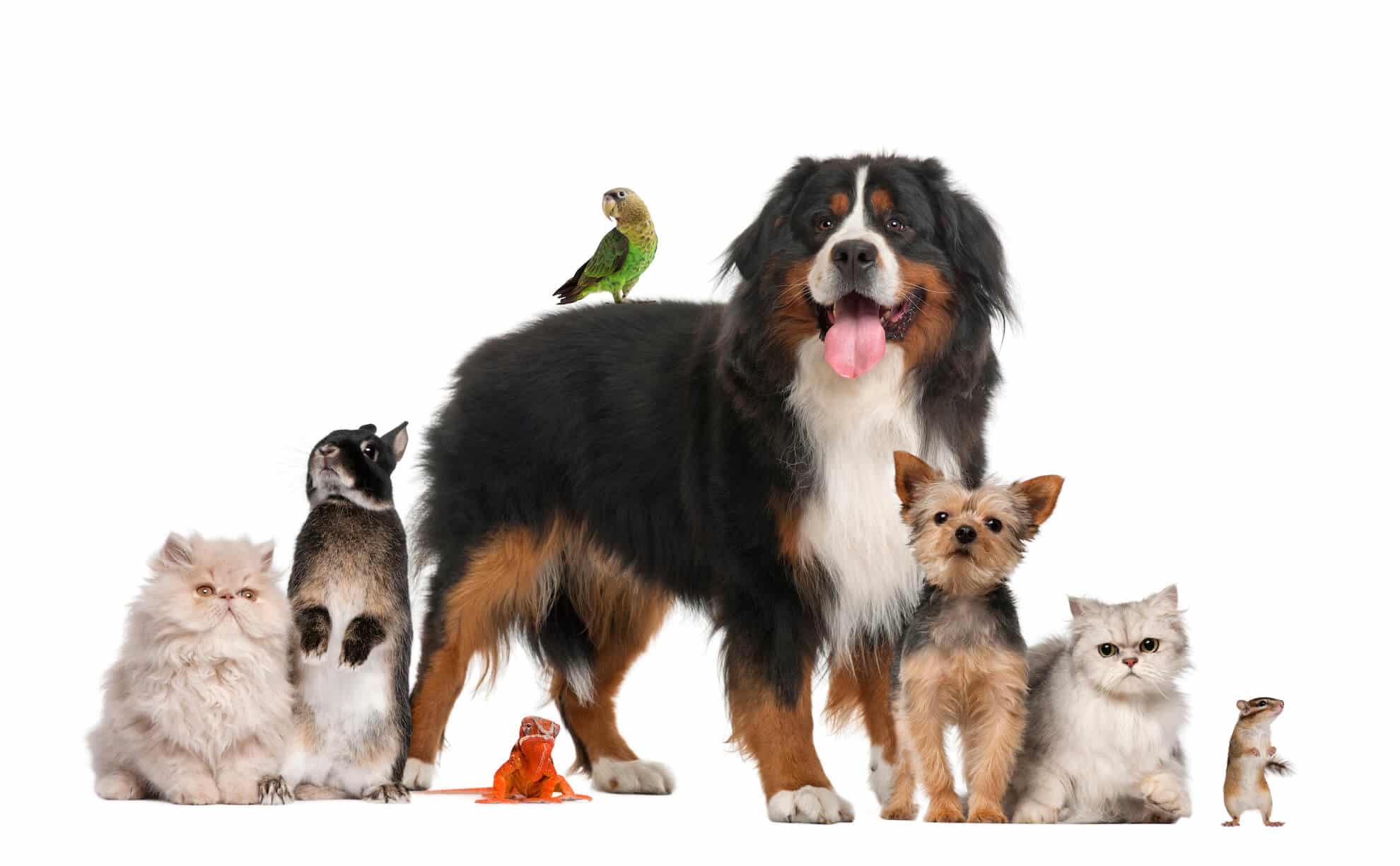
Unlock Pet Dental Health Secrets
Langley Animal Clinic2024-10-08T03:35:52+00:00Table of Contents
Understanding Pet Dental Health
While pet teeth and gums have some key differences from humans, they also have certain similarities, including susceptibility to gum disease and infection. Some of the common problems seen in pets include periodontal disease, tartar buildup, and gingivitis. These issues can result in discomfort, pain, and tooth loss. If left untreated, they may lead to more serious health problems.Identifying Dental Health Issues
Recognizing the signs of pet dental issues in their early stages can help prevent the development of more serious problems that require medical intervention. These signs include discoloured or yellowing teeth, bad breath, and inflamed or bleeding gums, but may also include behavioural changes such as reluctance to eat.Consequences of Neglected Dental Care
Neglecting your pet’s dental health can have several consequences. Short-term effects may include pain, gum infections, and difficulty eating. Long-term effects are more severe and may include tooth loss, bone infections, and systemic diseases that can impact vital organs.Preventative Dental Care Strategies
A simple but effective way to maintain your pet’s dental well-being is through regular veterinary check-ups. During these exams, the veterinarian will thoroughly clean your pet’s teeth, assess for signs of disease, and provide you with guidance for at-home care. These are your best means for catching problems early before they develop into something more serious.At-Home Dental Care
Although visits to the veterinarian are essential, so is at-home care. Brush your pet’s teeth with a pet-specific toothbrush and toothpaste to prevent tartar buildup and gum disease and offer dental chews and toys designed to help keep teeth clean. Choosing the right products can make a significant difference in your pet’s dental health, so consult with your veterinarian for recommendations.Treatment Options for Dental Issues
If your pets are already experiencing dental issues, there are several treatment options available. Non-surgical treatment options include dental cleaning and scaling to remove plaque and tartar but in more severe cases, surgical intervention may be necessary. These treatments can alleviate pain and help return your pet to a happy, healthy state.Educating Pet Owners
It’s important for pet owners to understand that proper dental care is necessary to prevent significant oral and overall health issues. Oral care should be a part of your pet’s daily routine to reduce the risk of dental disease. It’s also important to be properly informed as some popular information is not accurate. For example, some believe that dry pet food is sufficient to clean a pet’s teeth, but brushing is essential.A Happy, Healthy Pet
Pet dental health plays a vital role in your pet’s overall well-being. At-home care, combined with regular check-ups and knowing what warning signs to watch for will help keep your pet happy and healthy, and may even prolong their lifespan.FAQs
Common questions about pet dental health include how to tell if dental care is working, how often to give dental chews, and the necessity of professional care alongside dietary measures.Prioritizing dental health is crucial for your pet’s overall wellness. Regular care and vigilance can prevent serious health issues and enhance their quality of life. For more detailed guidance, visit our Pet Dental Service, book an appointment here, or contact us for personalized advice here.
Ideally, as early as possible. Starting when your pet is young helps them become accustomed to the routine, making it easier to maintain.
Pets should have a dental check-up at least twice per year, though more frequent visits may be necessary for pets predisposed to dental issues.
Yes, pain from dental issues can lead your pet to eat less, become irritable, and lose interest in play and other interactions.
Offering your pet a diet that includes dental-specific chews and dry food can help maintain good dental health but don’t forget regular brushing and veterinary check-ups.
Bad breath, visible tartar buildup, swollen or bleeding gums, and a change in behaviour are all signs of pet dental issues. You should contact your veterinarian as soon as possible.

